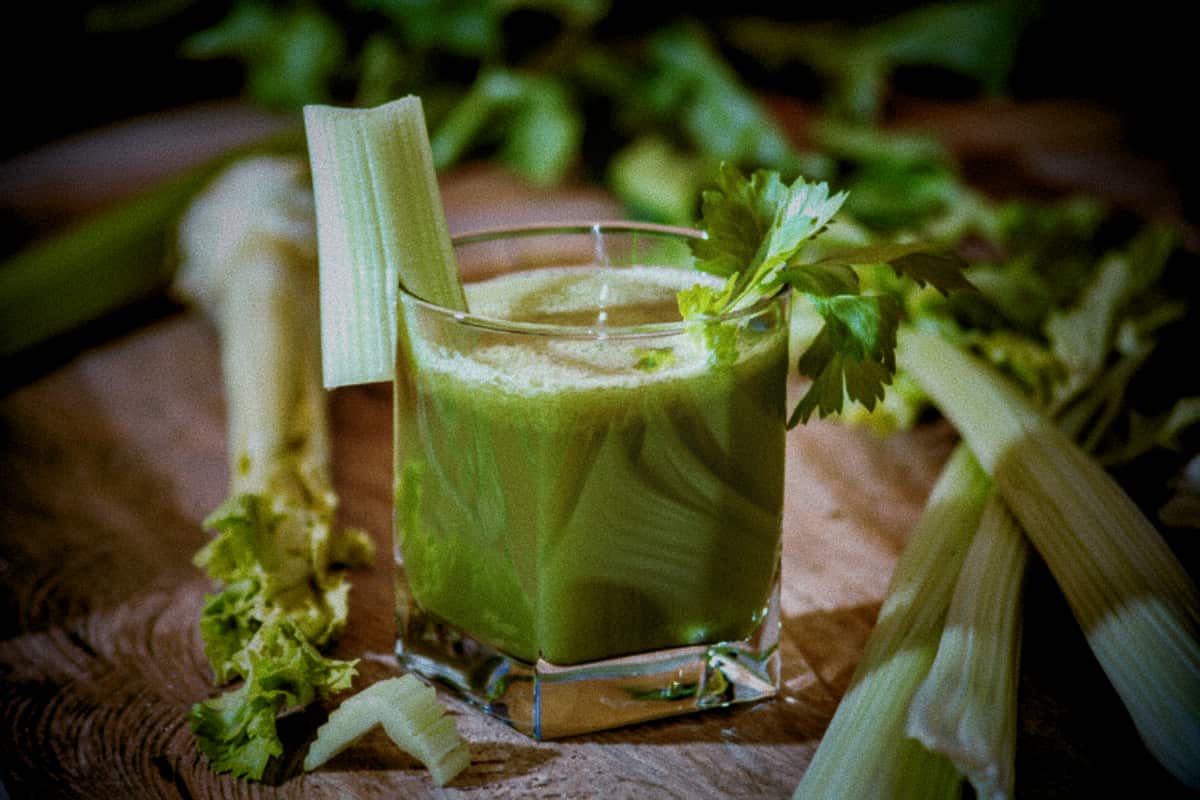Celery (Apium graveolens) is a low-calorie vegetable with long, fibrous stalks that you can eat raw or cooked. Despite its high water content, celery packs a nutritious punch and provides potent antioxidants that give it two remarkable health-supporting properties.
According to animal and human studies, eating celery can help lower your blood pressure naturally and also fight different types of cancer.
A favorite among weight watchers, celery has a very low calorie count, with two stalks containing only 15 calories. This is not surprising as celery is made up of almost 95 percent water. Despite this, celery is a great source of essential nutrients, such as dietary fiber, vitamins A, B5, B9, C and K, calcium, iron, molybdenum, potassium and magnesium. This, along with its high water content, makes celery the perfect hydrating food to snack on during hot summer months.
Research shows that celery also contains plenty of beneficial phytonutrients that are behind its anti-inflammatory, antioxidant, antifungal, antibacterial, diuretic, antihypertensive, cholesterol-lowering and anticancer properties. Some of the active components of celery that have been highlighted by studies are apigenin, luteolin, apiuman, chrysoeriol, coumarin, phthalides, polyacetylenes, perillyl alcohol and d-limonene. These compounds can be found in the leaves, seeds and heart of celery.
Celery found to lower blood pressure and blood cholesterol
A 2015 study published in the Avicenna Journal of Phytomedicine looked at the effect of celery leaf extracts on the blood pressure, heart rate and lipid profile of an animal model of hypertension (high blood pressure). The extracts were obtained from fresh celery leaves using 70 percent ethanol as solvent.
God Bless You and Your Families!
Love,![]()
![]()

Please think about donating below.


